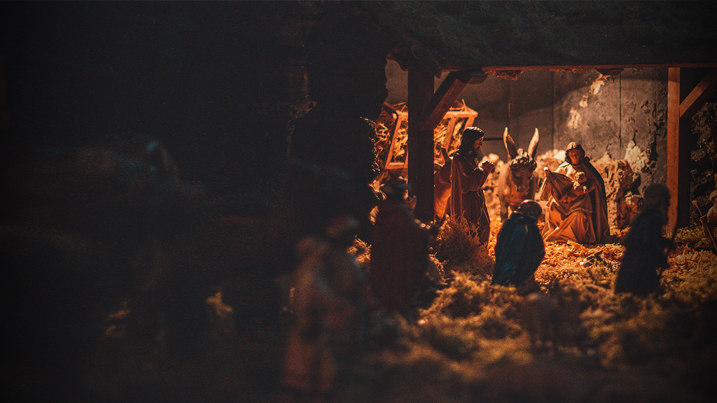People of the Nativity – Day 3


John the Baptist
Se(di)ngolwa (t)sa Bibele
LUKA 1
Luke has a way of reminding us of the humanness of the people whom God chooses to use. Zechariah, Elizabeth, Mary – Luke intends us, I think, to imagine them as down-to-earth, ordinary people.
John, and the family feud around his name, was no different. Somewhere in the middle of his circumcision ceremony, when the name of Zechariah was being given, Elizabeth goes against protocol and interrupts, insisting that the child’s name was to be John. Everyone was horrified.
In the Middle East, during Old Testament times, parents gave their children either a relative’s name or a prophetically significant name. To name the boy after his father, implied that he would follow Zechariah’s footsteps and grow up as a priest.
To be named by any other name, would have implied just the opposite. John would not follow in his father’s steps. He would not learn to do what his father did. He would not be a priest. This, of course, was precisely the case. Think of the ways in which John became very different from his father.
Zechariah was a priest; John was a prophet. John was a Nazarite; his father was not. Zechariah lived among the people; John lived in solitude. Zechariah was a part of the old religious system; John was not.
When we believe in Jesus, we get a new name too, a name that tells everybody we are going to be different. That name is Christian. And so too, as Christians, we need to turn our back on who we were before we were Christians.

